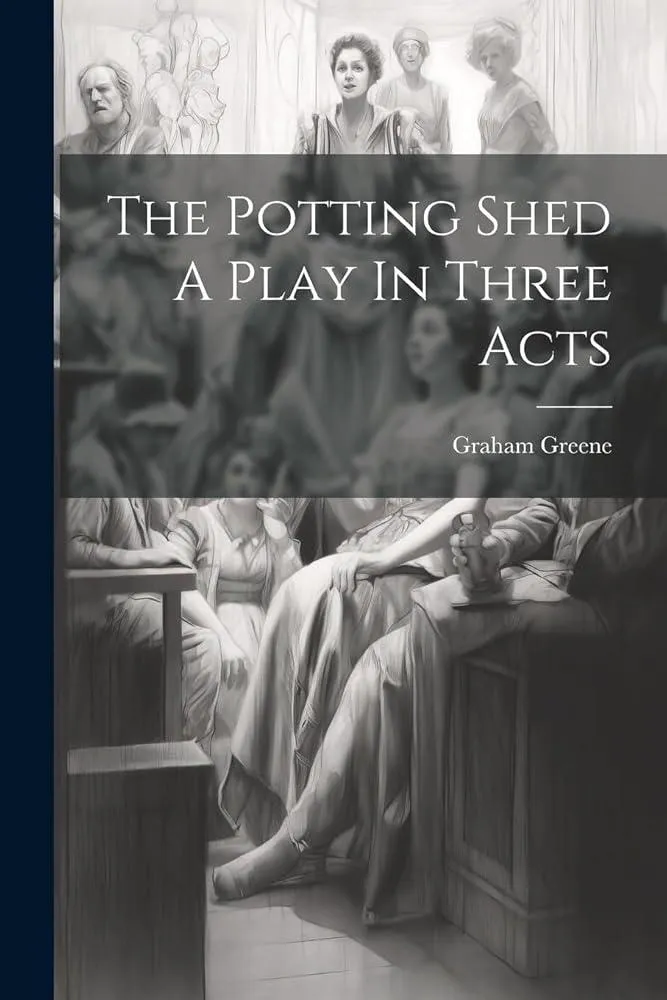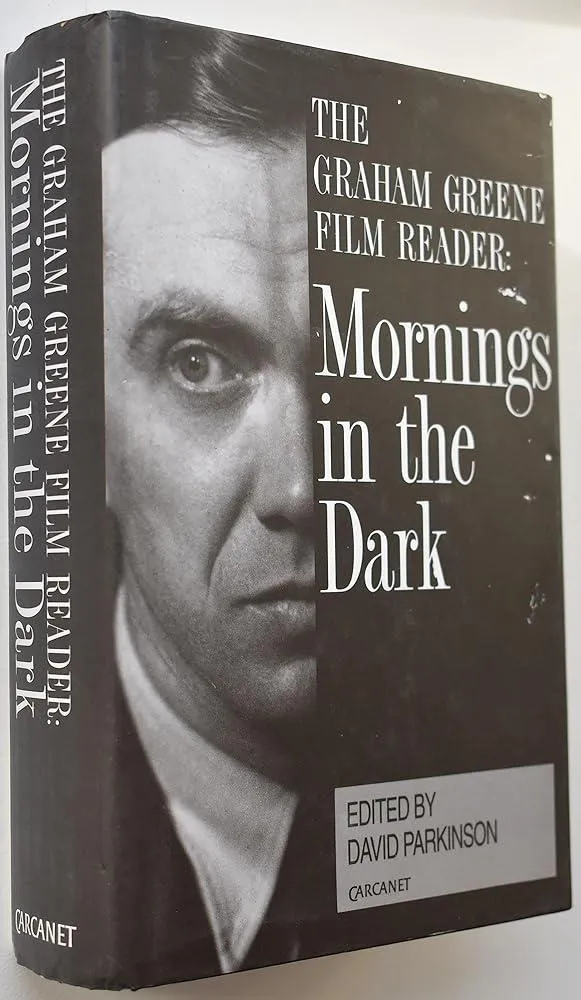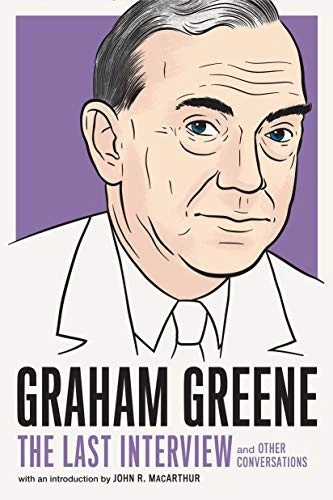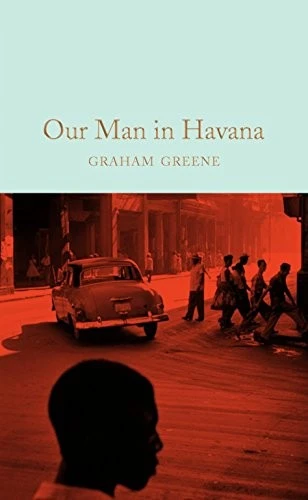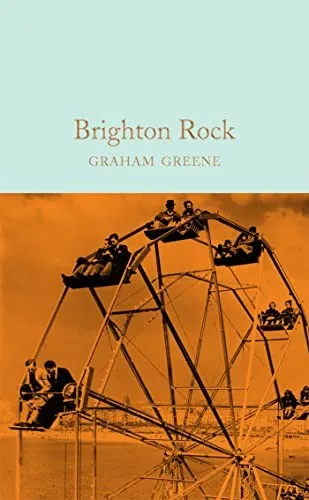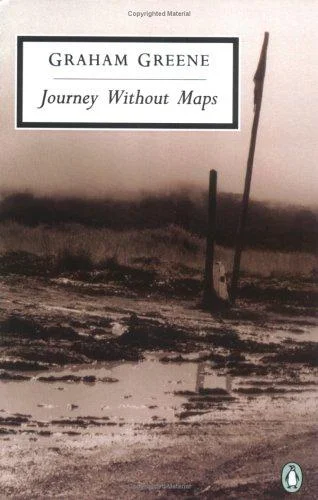
His mind crowded with vivid images of Africa, Graham Greene set off in 1935 to discover Liberia, a remote and unfamiliar republic founded for released slaves. Now with a new introduction by Paul Theroux, "Journey Without Maps" is the spellbinding record of Greenes journey. Crossing the red-clay terrain from Sierra Leone to the coast of Grand Bassa with a chain of porters, he came to know one of the few areas of Africa untouched by colonization. Western civilization had not yet impinged on either the human psyche or the social structure, and neither poverty, disease, nor hunger seemed able to quell the native spirit. BACKCOVER: One of the best travel books [of the twentieth] century. Norman Sherry "Journey Without Maps" and "The Lawless Roads" reveal Greenes ravening spiritual hunger, a desperate need to touch rock bottom within the self and in the humanly created world. "The Times Higher Education Supplement"
Graham Greene
Graham Greene was an English novelist known for his masterpiece "The Quiet American," which explores political and moral dilemmas. His writing style is characterized by psychological depth and moral ambiguity. Greene's work often delves into themes of betrayal, faith, and the human condition, making him a significant figure in 20th-century literature.
